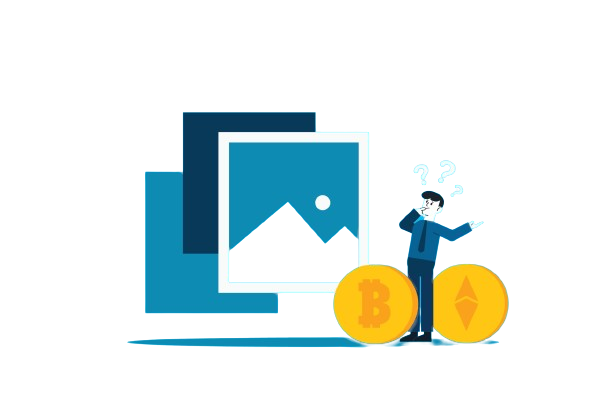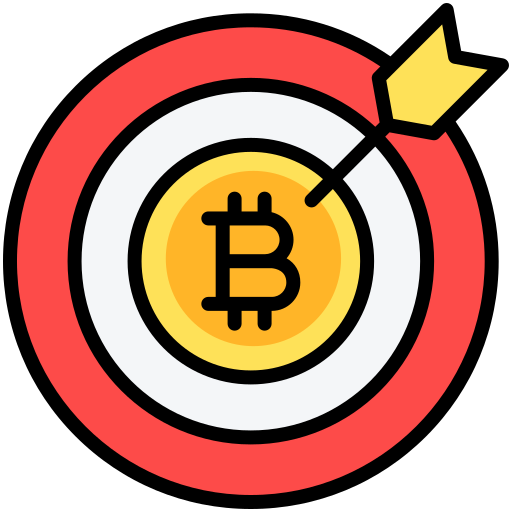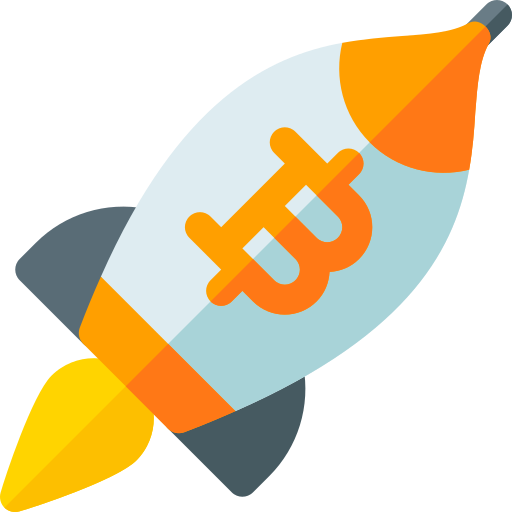
One of the most transformative capabilities unlocked by Bitcoin is the ability to represent real-world assets in digital form through tokenization. By converting ownership rights, economic value, or access privileges into programmable tokens, a new realm of possibility emerges. Tokenization stands to disrupt traditional models of finance, economics, and exchange by making previously illiquid assets liquid, divisible, and interoperable. Bitcoin provides the secure rails for this token revolution – enabling transactions and allowing seamless integration into modern commerce. This piece explores the accelerating era of asset tokenization, its underlying mechanics, and the vast possibilities it promises to unleash for reshaping markets and economies.
Demystifying Tokenization
At its core, tokenization refers to mapping real-world assets onto digital tokens that live on a blockchain. These tokens become programmable representations of the underlying asset that can be easily transacted.
As CoinList COO Andy Bromberg explains, “Tokenization unlocks liquidity and enables the digital transfer of anything with value – real estate, art, patents – expanding what can be traded.” Other benefits include 24/7 markets, fractional ownership, rapid settlement, and baked-in transparency.
On the Bitcoin network, protocols like RGB, Omni and Counterparty add token creation and transaction functionality atop the base blockchain layer. New tokens operate according to predefined rules, allowing digital representation of complex real-world assets.
Myriad Assets Enter the Tokenized Universe
The universe of assets becoming tokenized on Bitcoin grows daily. Tokenized forms of currencies, commodities, securities, real estate, music rights, and even individual products are emerging.

For example, sealed bags of speciality coffee have been tokenized to fund production and reward early supporters with repayment in the product. Novel instruments like tokenizing corporate cash flows as tradeable digital securities are unfolding. The startup Vita is tokenizing life insurance contracts to introduce customer ownership and transferability.
“Essentially any asset can be tokenized – existing structures just need reconfiguring to distributed ownership models,” says Stacks head of business operations Patrick Stanley.
Unlocking an Internet of Value
Tokenization powered by Bitcoin portends profound implications. As Blockstream CEO Adam Back observes, “This enables an internet of value – digitally transferable versions of every conceivable asset class, tradable peer-to-peer.”
Imagine frictionlessly trading real estate across continents, investing in tokenized commodities, or collecting proportionate shares of songs as easily as swapping MP3s. Smart contracts can automate transactions, micro-payments, and complex multiparty agreements built around these tokens. Bitcoin provides the blockchain foundation for this emerging tokenized economy, enabling security and instant settlement.
Preparing for Mass Adoption
Realizing the full vision will require further development across areas like:
UX Design – Intuitive interfaces must lower barriers for non-technical users.
Interoperability – Seamless cross-chain transactions and swaps allow hybrid models.
Compliance – Navigating securities laws and money transmission regulations remains challenging.
Scalability – Payment channels and sidechain networks will accommodate greater transaction volumes.
Unbound Potential: A Tokenized Future
Looking ahead, a world of possibility emerges as tokenization penetrates the mainstream:
Access over Ownership – Music tokens allow the exchange of listening rights without full purchase.

Fractional Investing – Micro-shares in real estate, art and other assets become readily tradable.
Embedded Governance – New models of decentralized ownership, control and voting.
Automated Compliance – Rules restricting asset transfers are hard-coded into regulation-compliant tokens.
Decentralized Finance – Permissionless exchange of tokenized securities, derivatives and synthetic assets.
Portable Identities – Credentials like professional licenses become verifiable tokens easing access and transparency.
As innovators push boundaries, tokenized versions of everything from identities to intellectual property may redefine our conception of asset exchange and what constitutes value.
Conclusion
Tokenization powered by Bitcoin represents a profound leap forward – one that promises to reshape economies and rewire markets. Much as information digitization disrupted industries like media, entertainment and telecom over the past 20 years, the digitization of value exchange through tokenized assets has the potential to transform the next 20. Incumbents across sectors must adapt or face the real possibility of disintermediation. Meanwhile, entrepreneurs have an opportunity to architect entirely new models optimized for this tokenized future. With blockchain as its backbone, this internet of value offers possibilities as vast as the human imagination. The potential unfolding remains difficult to overstate.